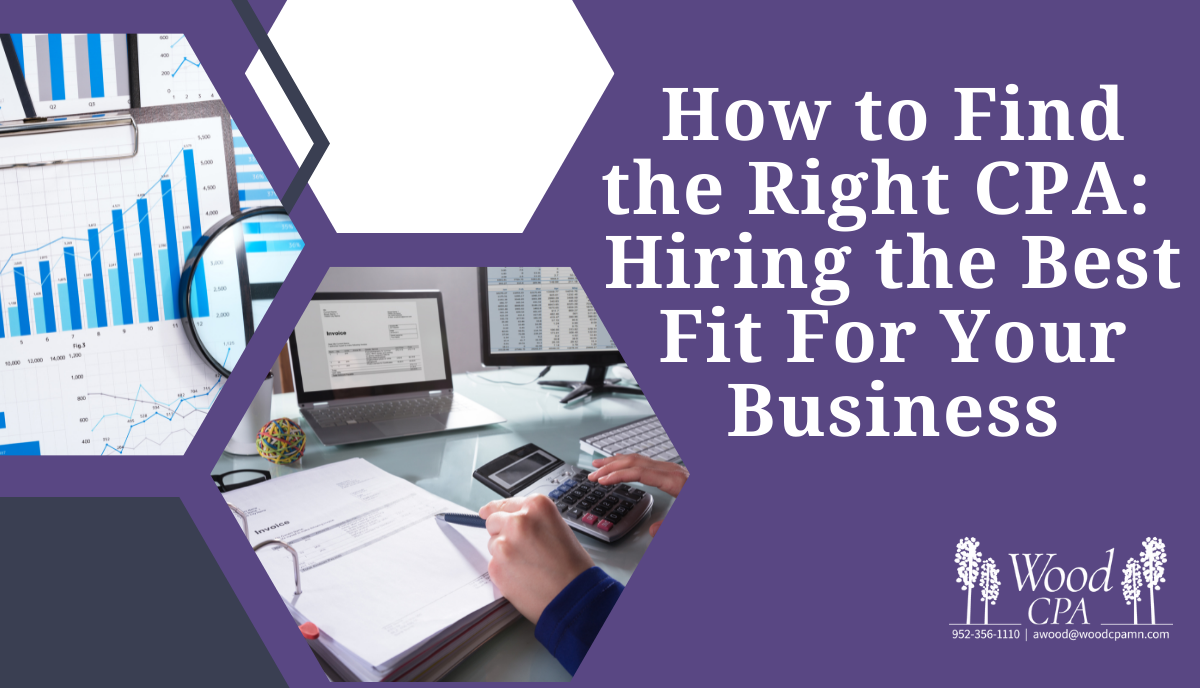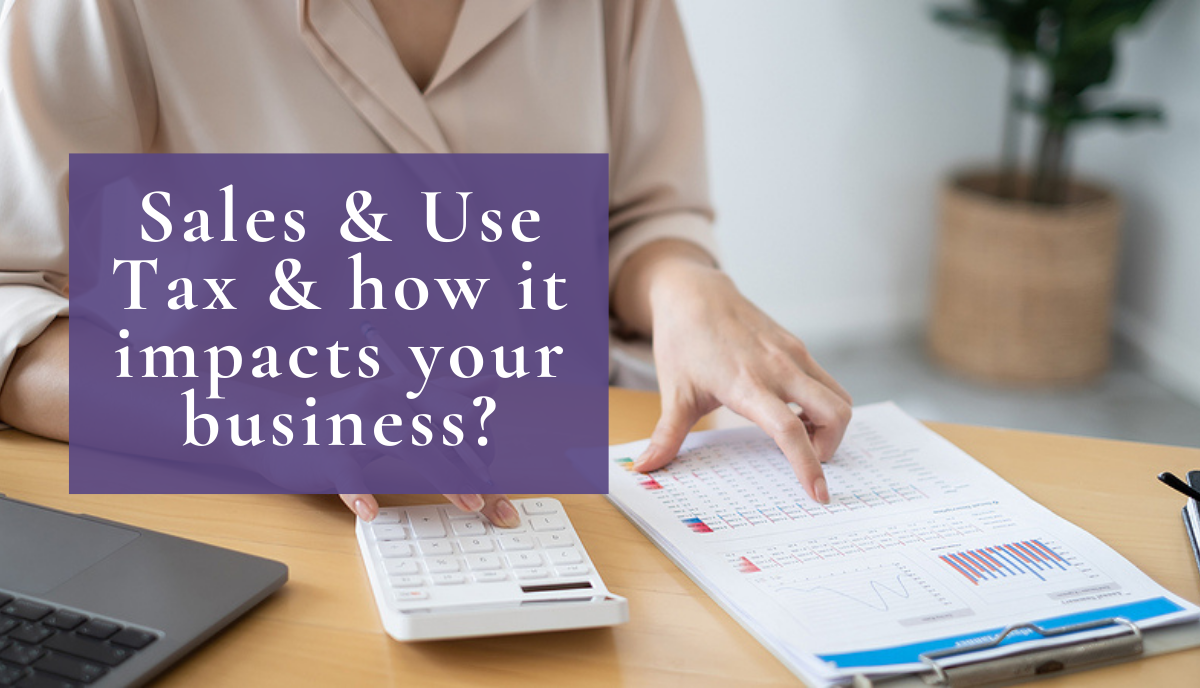
How To Choose Which Business Structure Is Best for You
When you start your own business, there are seemingly millions of decisions to make. From financial and legal considerations to hiring and training staff, it can feel like a lot.
Of all of the decisions you have to make as you set up your business, choosing a business structure is one of the most important. It affects everything from the day-to-day operations of your business to the taxes you pay, your personal assets, and more.
Read on to learn more about common types of business entities and the factors to consider when choosing which business structure is best for your company.
Common Business Structures
There are several business structures to choose from. The one you choose will reflect the interests of your company, yourself, and any other owners. Ideally, you want to choose the structure that has the right balance of benefits and legal protections for your business.
Sole proprietorship
A sole proprietorship is a very small business with one owner. Legally speaking, in a sole proprietorship, the business and you as the owner are considered to be one and the same. This means that, as the owner, you assume all liability for the business.
In addition, you cannot sell stock in a sole proprietorship, and you may find it difficult to get bank financing. On the flip side, as the owner of a sole proprietorship, you have complete managerial control over the business.
Sole proprietorships are the most common type of business organization, as they are quick, easy, and inexpensive to set up. This structure is a great option for low-risk businesses or individuals who want to test an idea before forming a more formal business.
Partnership
A partnership, as you might guess, is a small business with two or more owners who agree to share in the profits or losses of the business. In a partnership, profits and losses are passed through to the partners’ personal tax returns.
There are two types of partnerships, which vary in the amount of liability assigned to each owner:
- Limited Partnerships (LP). In a limited partnership, there is one general partner with unlimited liability, and additional partners with limited liability. Those with limited liability tend to have less control over the company than the general partner. The general partner is required to pay self-employment taxes in this type of partnership.
- Limited Liability Partnerships (LLP). LLPs are similar to LPs, but all partners have limited liability. They are all protected from debts against the partnership, and won’t be held responsible for the actions of the other partners.
In general, a partnership is a good choice for a business with multiple owners, professional groups (attorneys, etc.), and groups who want to try out a business idea before forming a more formal business.
Corporation
In a corporation, the company is a legal entity separate from its owners. A corporation incurs profits and losses, pays taxes, and can be held legally liable. It can also sell stock.
As an owner of a corporation, you are protected from personal liability. Corporations are more expensive to form and require more extensive record-keeping, operational processes, and reporting than other business structures do. Generally speaking, a corporation is a good choice for medium- or high-risk businesses and those who want to sell stock or eventually sell the business itself.
There are several types of corporations, and each one varies somewhat in tax structure. Here are the most common types:
- C corp. A C corp is the default for a business that forms as a corporation. Unless they specifically file for a different type of corporation, a business who forms as a corporation will be a C corp.
- S corp. S corps are known as “pass-through” entities, as they can pass income, credits, deductions, and losses to shareholders without having to pay taxes at the corporate level. Shareholders report income and losses on their personal tax returns and pay taxes at individual, rather than corporate, rates. Learn more about the benefits of S Corp status and how to file in our recent blog.
- B corp. Also known as a benefit corporation, a B corp is a for-profit corporation that is taxed the same as a C corp, but differs from a C corp in purpose, accountability, and transparency. The shareholders of a B corp hold the company accountable to deliver some type of public benefit in addition to financial profits. Not all U.S. states recognize B corps.
- Nonprofit. Nonprofit corporations (often called 501(c)(3) corporations) are set up for charitable, educational, religious, literary, or scientific purposes. Since their work benefits the public, nonprofits enjoy tax-exempt status, meaning they don’t pay state or federal income taxes on their profits. They must file with both their state and the IRS for tax-exempt status, and are subject to special rules regarding the use of any profits they earn.
Limited Liability Company (LLC)
The Limited Liability Company, or LLC, is the business structure we see most often…and also the one that causes the most confusion. This is because an LLC can be taxed differently depending on a number of factors.
For instance, if there is only one owner, it can be taxed as a sole proprietor, S corp, or C corp, all of which have different tax rules. But if there are multiple owners, an LLC can be taxed as a partnership (this is the default), an S corp, or a C corp.
Because the tax rules for an LLC are so confusing, it’s important to consult with your CPA if you are considering this business structure.
As far as liability goes, an LLC protects you as the owner from personal liability in most cases — meaning your personal assets won’t be at risk if your business fails or faces lawsuits.
An LLC is easy to form and manage, and has no limits on the number of shareholders allowed. This business structure is a good fit for small businesses, medium- or high-risk businesses, and owners who want to protect their personal assets or pay a lower tax rate than they would in a corporation.
Factors To Consider When Choosing a Business Structure
When choosing between the available types of business structure, there are a number of factors to think about. Here are just a few:
- Number and type of owners. If you know you eventually want your business to go public, you’ll want to form a C corp right from the start. But if not, your choice may come down to the number of owners you anticipate having. If you plan to remain a one-person show, a sole proprietorship will be a good fit. But if you have or plan to have multiple owners, a partnership, LLC, or S corp will be a better option.
- Legal liability. The more protection from liability you want, the more formal you’ll want your business structure to be. If you don’t want to run the risk of taking on personal liability for potential business losses, a sole proprietorship or partnership won’t be a good fit.
- Flexibility. Consider the needs of the business as well as those of the individual owner(s). Especially when multiple owners are involved, flexibility in the ownership structure may be vital.
- Costs of conducting business. The costs of forming and conducting business of a corporation can be significant. Depending on your budget and projected profits, the formation and ongoing administration costs of a corporation may be what drives you to choose a different business structure.
- Tax implications. Think about how you can best minimize taxation. With a C corp or B corp, both your business’ profits and your personal payouts will be taxable. In a sole proprietorship, partnership, or S corp, your profits will only be taxed at an individual level, not a business level.
- Future of the business. When you start a business, it’s natural to be consumed with just getting it off the ground. But it’s important to look ahead and think about where you want to be in a few years. Do you intend to keep things small, or do you dream of building your business up to the point where you can eventually sell it for a profit? Do you want to be able to bring in stockholders at some point? It’s crucial to ask questions about the future of your business when choosing a business structure.
Choosing Which Business Structure Is Best for You Can Feel Overwhelming — Wood CPA Is Here To Help
With all of these factors to consider, choosing a business structure can be daunting. And since every business has different needs and goals, it’s really not a one-size-fits-all scenario. That’s why having a knowledgeable CPA by your side as you’re forming your business is crucial. An accountant can bring invaluable expertise and help you ask the right questions to determine which business structure is best for your needs.
Wood CPA offers business accounting, business advisory, and tax planning and preparation services. But on top of that, we also know what it’s like to start a small business, because we’ve been through the process ourselves. From setting up your business to taking care of ongoing accounting, bookkeeping, and tax filing needs, we’ll come alongside you and help you every step of the way.
Contact us today to learn more about what we can do for you as your CPA.








